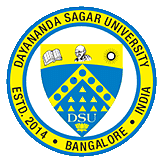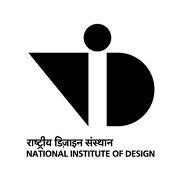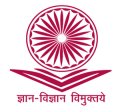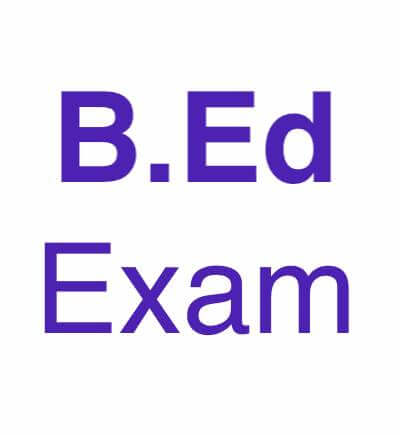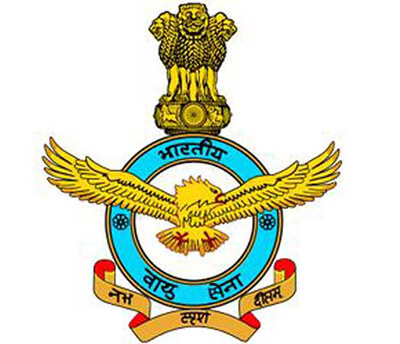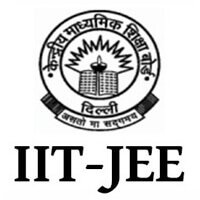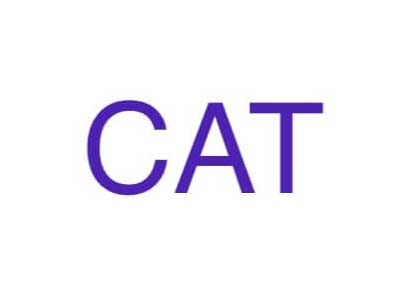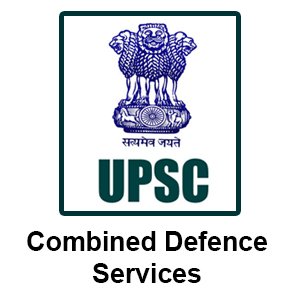The CBSE (Central Board of Secondary Education) board exams are one of the most significant milestones in the academic journey of Indian students. Conducted by the CBSE, these exams play a crucial role in assessing the knowledge, skills, and understanding of students in various subjects. In this comprehensive description, we will explore various aspects of the CBSE board exams, including their importance, structure, evaluation process, preparation strategies, and more.
Introduction to CBSE Board Exams
The Central Board of Secondary Education (CBSE) is a national-level education board in India that operates under the jurisdiction of the Ministry of Education. Established in 1962, the CBSE conducts board exams for secondary (Class 10) and senior secondary (Class 12) students. These exams are considered a vital yardstick to evaluate students' academic performance and determine their eligibility for higher education.
Importance of CBSE Board Exams
The CBSE board exams hold immense significance for students, as they serve as a gateway to higher education and career opportunities. The performance in these exams can influence a student's admission to prestigious colleges, universities, and professional courses. Additionally, many competitive examinations, such as engineering and medical entrance exams, consider CBSE board exam scores as a crucial criterion for admission.
Structure of CBSE Board Exams
The CBSE board exams follow a well-defined structure for both Class 10 and Class 12. Let's explore the structure of these exams in detail:
Class 10 Board Exams
- Subjects: The Class 10 board exams typically consist of core subjects like Mathematics, Science, Social Science, English, and additional subjects like a second language (e.g., Hindi, French, etc.) and optional subjects (e.g., Computer Science, Physical Education, etc.).
- Examination Pattern: The CBSE Class 10 board exams comprise a combination of theory and practical examinations. The theory exams are conducted in a pen-and-paper format, while the practical exams assess students' practical skills and are conducted internally by schools.
- Marking Scheme: Each subject carries a maximum of 100 marks. The theory exams are usually divided into a written exam (80 marks) and internal assessment (20 marks) based on class performance, projects, and activities.
Class 12 Board Exams
- Subjects: The Class 12 board exams encompass a wide range of subjects, including core subjects like Physics, Chemistry, Biology, Mathematics, English, and optional subjects like Accountancy, Economics, Political Science, etc.
- Examination Pattern: The Class 12 board exams consist of theory exams and practical exams. The theory exams are conducted in a written format, while the practical exams assess students' practical skills and are conducted both internally and externally.
- Marking Scheme: Each subject carries a maximum of 100 marks. The theory exams usually comprise a written exam (80 marks) and internal assessment (20 marks) based on practicals, projects, or coursework.
Evaluation Process of CBSE Board Exams
The evaluation process of CBSE board exams involves meticulous procedures to ensure fairness and accuracy in assessing students' performance. Let's understand the evaluation process for both Class 10 and Class 12 exams:
Class 10 Board Exams Evaluation
- Theory Exams: The answer sheets of the theory exams are collected from various examination centers and delivered to designated evaluation centers.
- Centralized Evaluation: To maintain consistency and fairness, the CBSE adopts a centralized evaluation process. Qualified and experienced teachers are appointed as examiners to evaluate the answer sheets.
- Marking Scheme: The examiners follow a detailed marking scheme provided by the CBSE, which outlines the step-wise allocation of marks for each question. The marking scheme ensures uniformity in the evaluation process.
- Moderation Process: After the initial evaluation, the CBSE implements a moderation process to ensure standardization across different examiners. This process involves cross-checking a sample of answer sheets to verify if the assigned marks align with the marking scheme.
- Result Compilation: Once the evaluation and moderation process is complete, the marks obtained by students are compiled to generate the final results. The CBSE releases the results on its official website, and students can access their results by entering their roll numbers.
Class 12 Board Exams Evaluation
- Theory Exams: Similar to Class 10, the answer sheets of the theory exams are collected and delivered to evaluation centers.
- External and Internal Evaluation: The Class 12 exams involve both external evaluation conducted by appointed examiners and internal evaluation conducted by the respective schools. External evaluation refers to the assessment of theory exam answer sheets, while internal evaluation includes practical exams, projects, coursework, etc.
- Marking Scheme and Moderation: The evaluation process for theory exams in Class 12 follows the same principles as Class 10. The CBSE provides a marking scheme, and the examiners ensure adherence to it. The moderation process is implemented to maintain consistency and fairness.
- Result Compilation: After the completion of the evaluation and moderation process, the marks obtained in theory exams and internal assessments are compiled to generate the final results. The CBSE releases the results online, enabling students to access their scores and overall performance.
Preparation Strategies for CBSE Board Exams
Preparing for CBSE board exams requires a systematic and well-planned approach. Here are some effective strategies that can help students excel in their exams:
- Understand the Syllabus: Begin by thoroughly understanding the CBSE syllabus for each subject. Divide the syllabus into manageable sections and create a study plan to cover all the topics within the given timeframe.
- Study Material Selection: Choose the right study material, such as NCERT textbooks and reference books recommended by teachers. NCERT books are especially valuable as they provide a comprehensive understanding of the subject matter prescribed by the CBSE.
- Time Management: Develop a study schedule that allows sufficient time for each subject, giving priority to areas that require more attention. Allocate time for revision, practice, and solving previous years' question papers.
- Practice Regularly: Regular practice is crucial for achieving mastery in any subject. Solve sample papers, previous years' question papers, and additional practice exercises to enhance your problem-solving skills and time management abilities.








